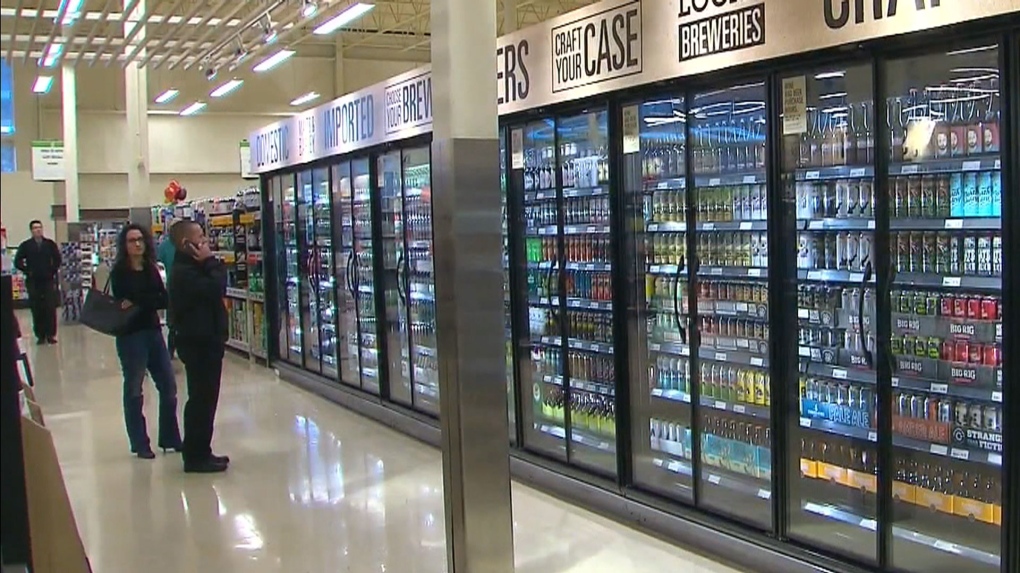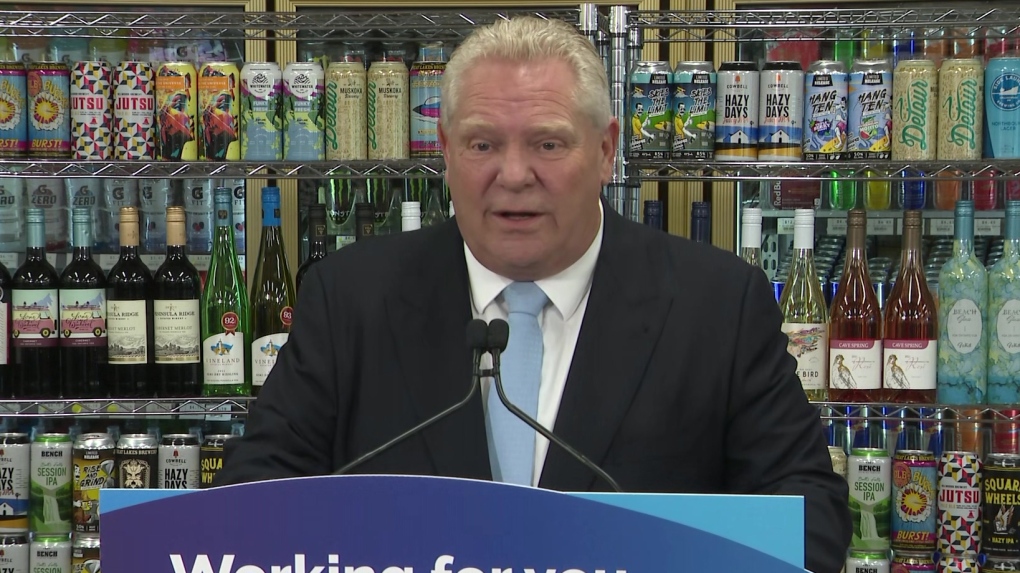While Canada is one of the top contributors to foreign aid among some of the world's richest countries, a fifth of the spending never leaves Canada's borders.
Some 19 per cent of Canada's aid reported to the Organization for Economic Co-operation and Development last year benefited refugees and Ukrainians within Canada.
"Most Canadians would not think that counts, because when we think of foreign aid we think of something happening in other countries, not costs that we have here," said Elise Legault, Canada director with the One Campaign, an anti-poverty advocacy group.
Canada ranks seventh for dollars spent on foreign aid, according to the OECD, a group of mostly rich countries.
Last month, the organization released its analysis of aid spending in 2023.
It shows Canada spent just over US$8 billion in aid last year, of which $1.5 billion went to supporting refugees, asylum claimants and Ukrainians who fled the Russian invasion, during their first year in Canada.
The tabulation includes provincial and federal spending in this area, and it folds in Ukrainians who came to Canada on an emergency visa to wait out the war, but who are not technically refugees.
The spending accounts for 19 per cent of Canada's foreign aid, compared to an average of 13.8 among other OECD countries.
The United States spends 9.7 per cent of its aid budget within its own borders, while the United Kingdom spends 28 per cent domestically.
Unlike some other countries, Legault says the refugee spending is not eating into Canada's baseline foreign-aid budget.
"So far, they haven't been robbing Peter to pay Paul," she said.
"Other countries like the U.K. and Sweden have been raiding their foreign-aid budgets to cover the cost of refugees arriving in the country, and thankfully Canada has avoided that path."
Many have called for those costs to be reported separately for years, she said, despite the long-standing practice of combining them.
University of Ottawa professor Christina Clark-Kazak argued that combining them makes a certain amount of sense. She specializes in migration and development policy.
"Whether we're helping a refugee in a refugee camp or helping them in Canada, it's still money that's being spent on non-Canadians," she said.
"That's why it's captured in that way."
The spending reflects a turbulent era, as a historic number of people around the world have been forced to flee their homes due to armed conflicts and natural disasters linked to climate change, she said.
The high proportion of money spent on refugees partially stems from specialized resettlement programs, such as Ottawa's pledge to bring 40,000 Afghans to Canada, as well as health care and temporary shelter for people who claim asylum in Canada.
As for the portion that is spent abroad, significant funding goes toward responding to the conflict in Sudan and hunger in Haiti, and 21.4 per cent went to Ukraine, particularly in the form of loans.
The aid sector loudly protested the 15 per cent cut to foreign aid spent outside of Canada in the 2023 budget, despite the Liberals' pledge to increase aid funding every year.
The government argued they simply returned to the kind of spending that preceded a historic boost in aid dollars during the COVID-19 pandemic and the Russian invasion of Ukraine.
While Canada is the seventh-largest donor among OECD countries in terms of the raw number of dollars spent last year, it is well below tenth place when the money is compared to the relative size of Canada's economy.
Still, it was the most Canada spent on foreign aid in proportion to its gross domestic product since 1995, Legault said.
To the government's credit, Canada has responded to the many crises that have erupted over the last several years, she said.
With governments more prepared to respond to emergencies, they appear less keen to invest in proactive development projects meant to make countries more resilient, she said.
Former prime minister Lester Pearson set a target for rich countries to spend 0.7 per cent of gross domestic product on foreign aid. Canada reached only 0.38 per cent last year.
Clark-Kazak said it’s important to not think of foreign aid as a "zero-sum game," where dollars flow abroad instead of helping Canadians.
She argued that funding for refugees in Canada helps prepare them to be productive members of society during a labour shortage, pay taxes, and support the economy.
Both aid experts said Ottawa should be more upfront with Canadians about how and where the government spends aid money. As it stands, the spending is reported in several formats and the terminology is not consistent.
This spring's budget didn’t include a consolidated figure for how much Ottawa plans to spend on aid. Development Minister Ahmed Hussen and his department did not provide a specific number in the immediate wake of the budget either.
It's difficult for analysts to track whether Canada actually follows through on pledges made on the world stage, Legault said.
"Transparency is really important from the government, especially in an issue like foreign aid," she said.
"Canadians have the right to know how much we plan to spend, how much we have spent, and on what."
This report by The Canadian Press was first published May 23, 2024.




